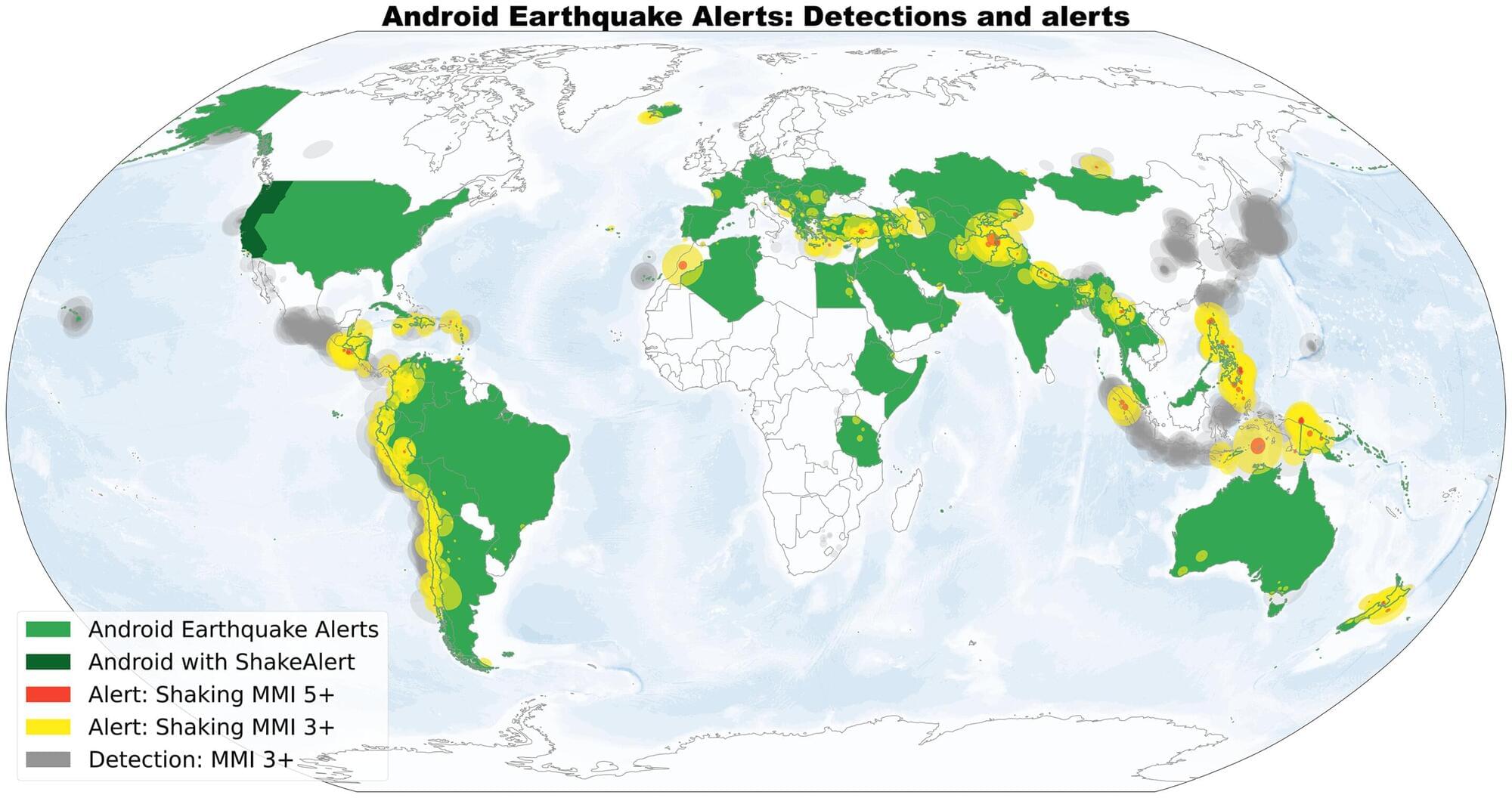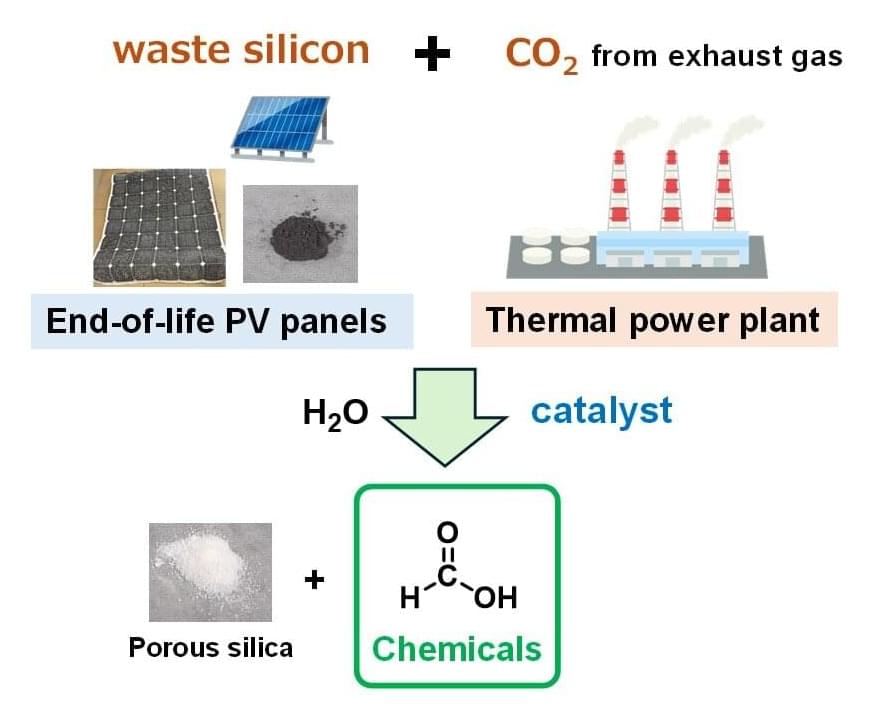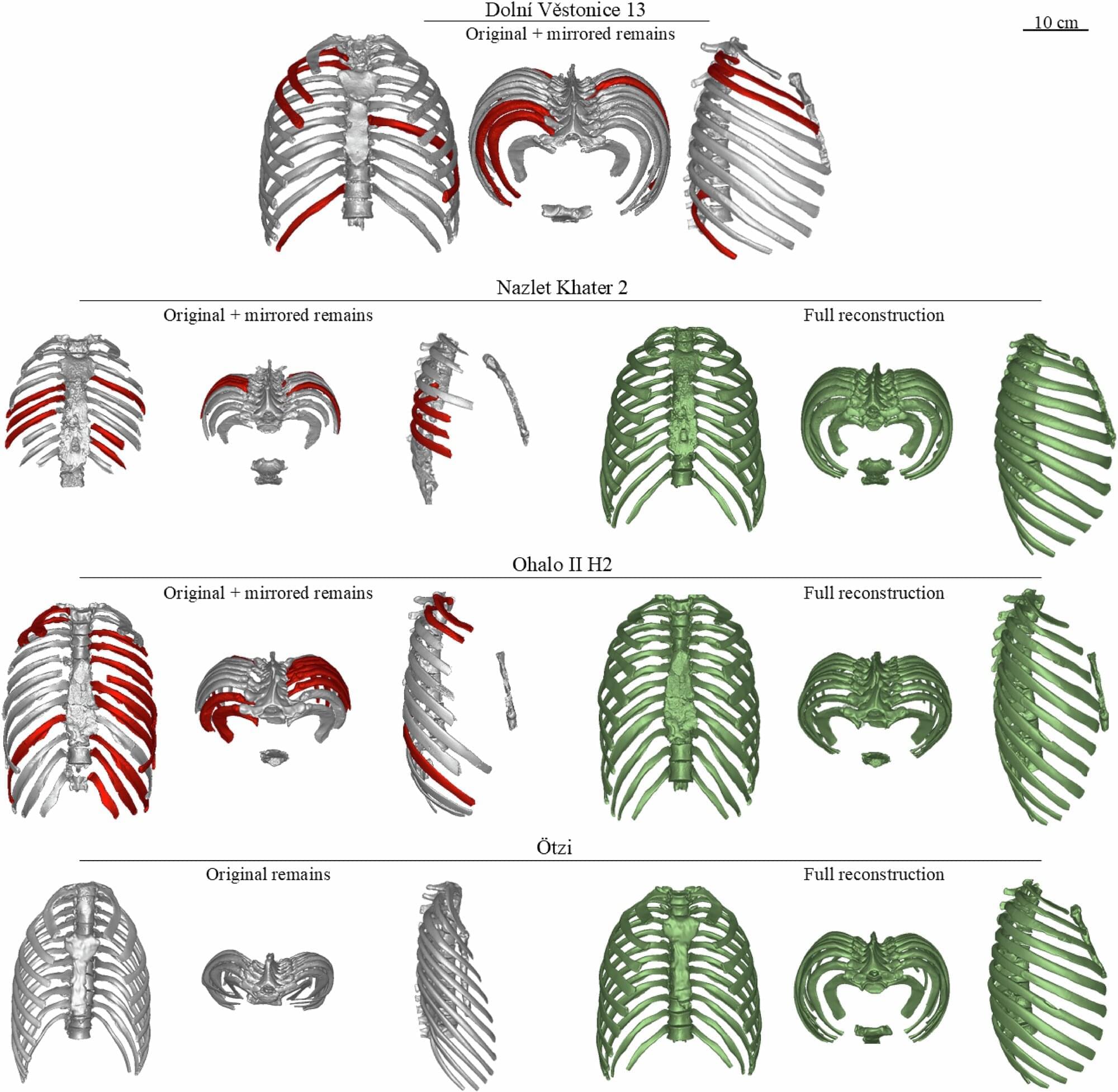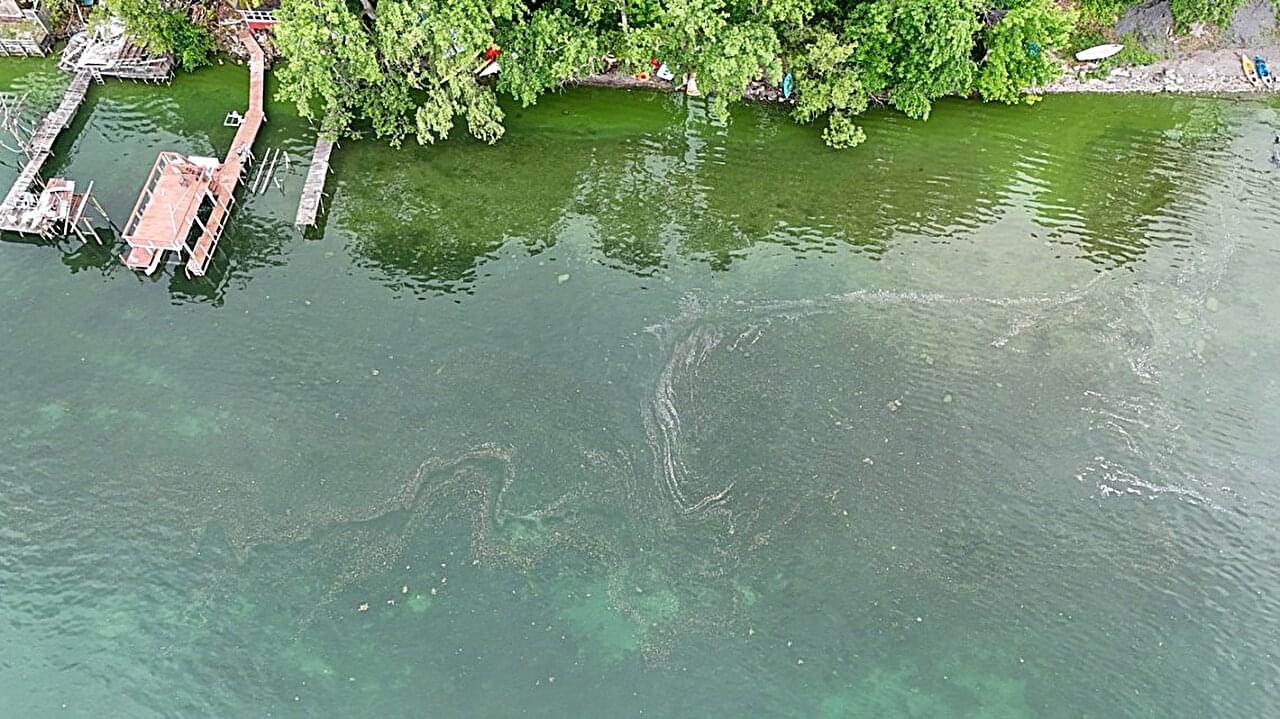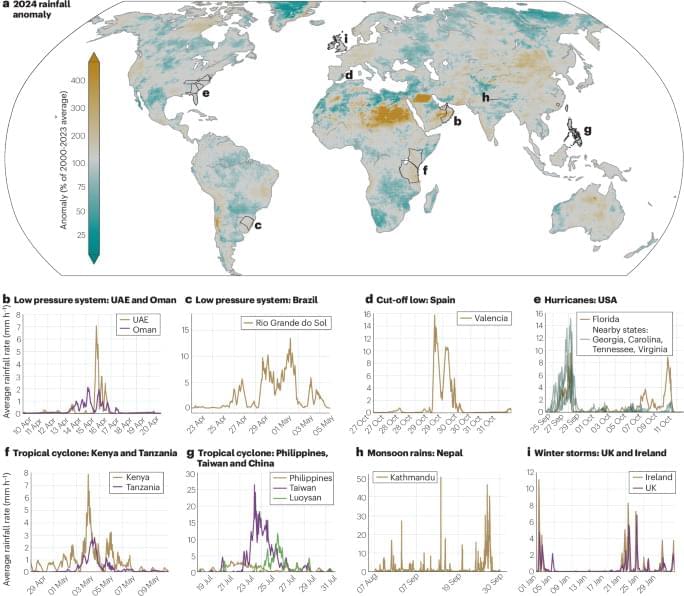If you’re in an earthquake-prone area and own an Android phone, it could save your life. It may even have already done so. The Android Earthquake Alert (AEA) system, which began in the U.S. in 2020 and has since expanded globally, sends an automatic alert approximately one minute before the ground starts shaking. That can be enough time to take cover or warn others nearby.
In a new paper published in Science, Google explains how its detection system, which is built into most Android phones, works. They also share insights from its first years of operation and the improvements they’ve made.
Between 2021 and 2024, the AEA system sent warnings to millions of people in 98 countries. This included more than half a million people in Turkey and Syria who received an alert on February 6, 2023, just before a magnitude 7.8 earthquake struck. Overall, Google’s researchers report that alerts were issued for 1,279 events, with only three of them being false alarms, two of which were triggered by thunderstorms.
